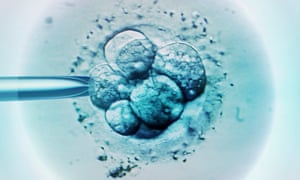Originally posted April 9, 2019
Here is an excerpt:
Both scholars and everyday people seem to agree that free will (whatever it is) is a prerequisite for moral responsibility (though note, among philosophers, there are numerous definitions and camps regarding how free will and moral responsibility are linked). This suggests that a crucial function of free will beliefs is the promotion of holding others morally responsible. And research supports this. Specifically, when people are exposed to another’s harmful behavior, they increase their broad beliefs in the human capacity for free action. Thus, believing in free will might facilitate the ability of individuals to punish harmful members of the social group ruthlessly.
But recent research suggests that free will is about more than just punishment. People might seek morally culpable agents not only when desiring to punish, but also when desiring to praise. A series of studies by Clark and colleagues (2018) found that, whereas people generally attributed more free will to morally bad actions than to morally good actions, they attributed more free will to morally good actions than morally neutral ones. Moreover, whereas free will judgments for morally bad actions were primarily driven by affective desires to punish, free will judgments for morally good actions were sensitive to a variety of characteristics of the behavior.


